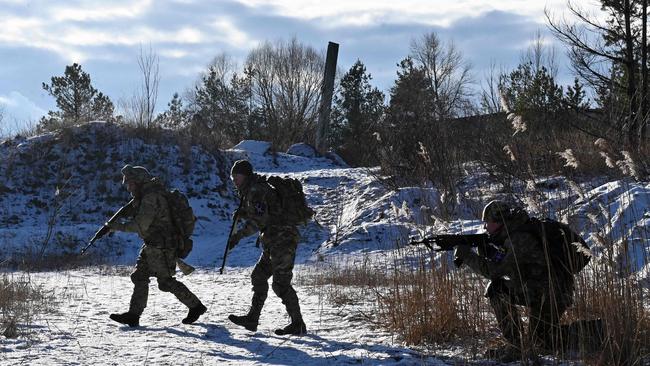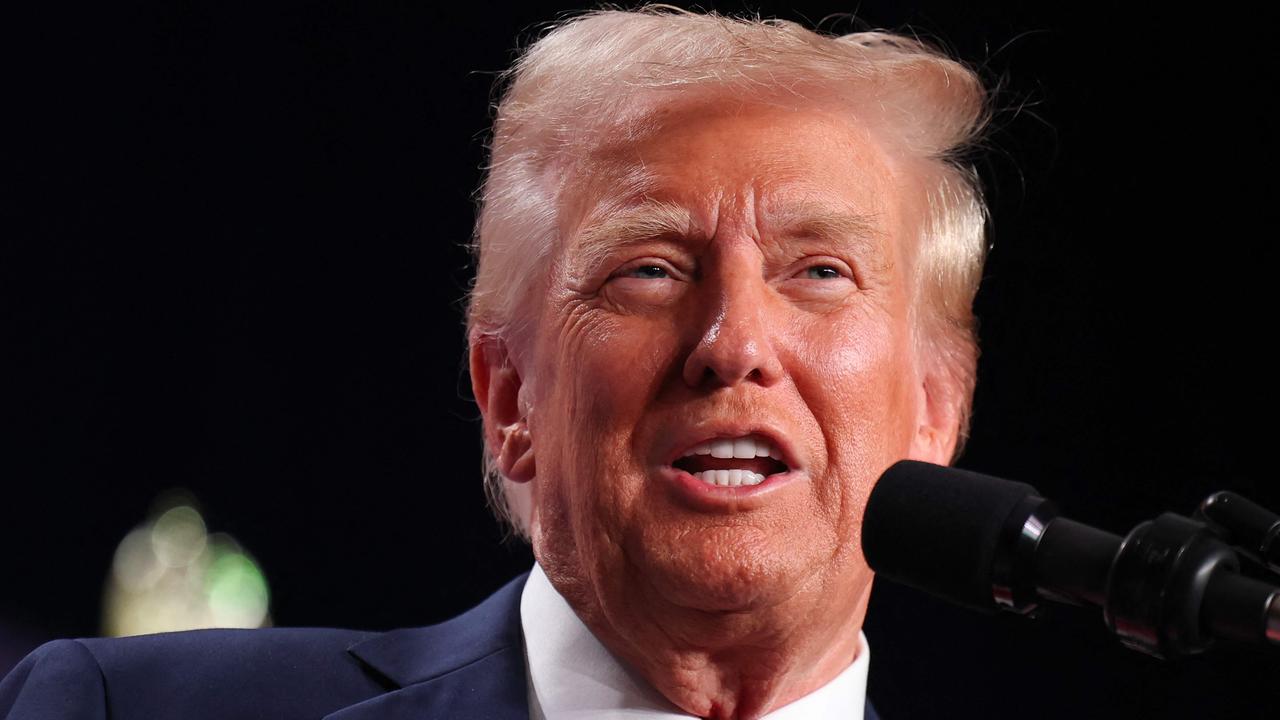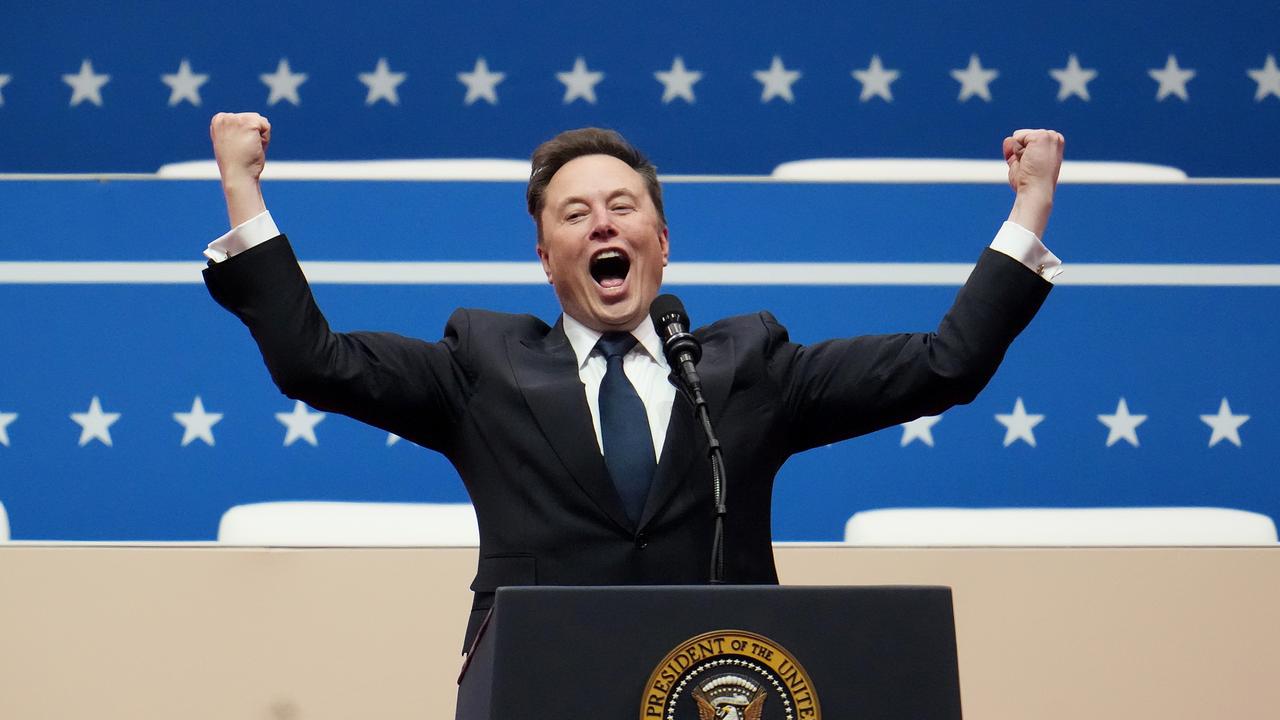Christopher Pyne: US and Russia are locked in talks over Ukraine, and it will matter here
The West is trying to stand up to Russia and as always, Ukraine is stuck in the middle. Here’s what’s going on, and why it matters to Australians, writes Christopher Pyne.
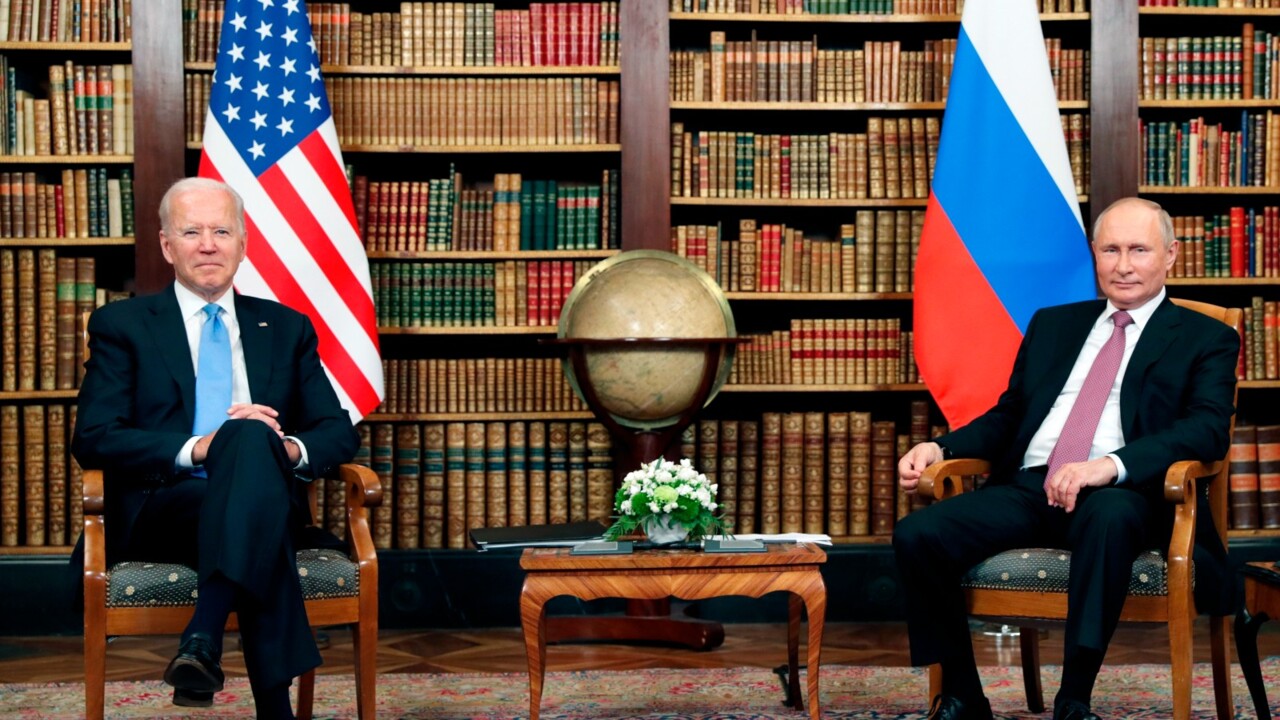
Opinion
Don't miss out on the headlines from Opinion. Followed categories will be added to My News.
US President Joe Biden and Russian President Vladimir Putin are right now engaging in telephone diplomacy about Russia’s intentions towards Ukraine.
Where those conversations will lead and how many more will be necessary to avert a conflict in Ukraine is anyone’s guess, but there is no doubt the Russian President is applying significant pressure to both Ukraine and the Western powers over Ukraine.
For many in Australia, the question is: Why? Ukraine is an independent nation that has governed itself intermittently and distinctly since before the ninth century.
Since then, it has been either in the grip of Russia, Poland, France, Germany, Austria-Hungary, the Soviet Union or independent for various periods of its existence. It is governed from the ancient city of Kiev.
The region in Ukraine probably most known to Australians is Crimea. It was annexed by Russia during the period of Catherine the Great in the 18th century. A war was fought over Crimea in the 1850s between France, Britain, Russia and the Ottoman Empire.
Putin reannexed Crimea in 2014 in a bloodless coup after it had been governed from Kiev since 1954, when the leader of the USSR, Nikita Khruschev, had transferred power over Crimea to the Ukrainian Soviet Socialist Republic, then part of the Union of Soviet Socialist Republics (USSR).
With the collapse of the USSR in 1991, many of the independent republics that constituted the USSR declared their independence. For Russians, this was a tremendous blow to their sense of place as a world power.
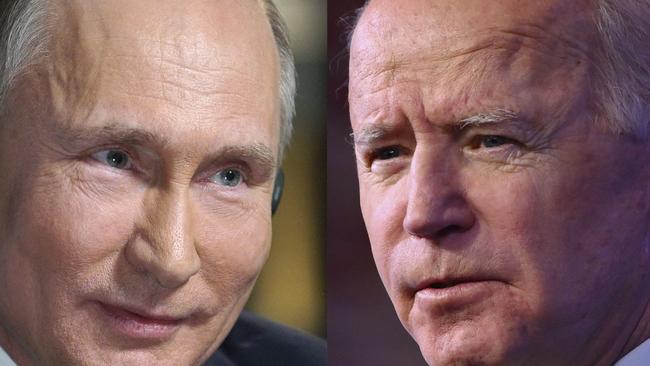
Internally, states such as Georgia in the Caucasus and Kazakhstan in Central Asia; or Latvia, Estonia and Lithuania on the Baltic, were not considered part of the enduring core of Russia.
That is not the case for Ukraine or Belarus that had been conquered by previous tsars of the Russian empire long ago and were considered Russian, no matter the ethnic breakdown or religious affiliation of the population. For example, the Ukrainian Orthodox Church is tied to the Catholic Church in Rome whereas the Russian Orthodox Church for centuries looked to Constantinople before self-governing from Moscow.
Putin has long regarded the collapse of the Soviet Union as the greatest catastrophe to befall Russia in its history. Whereas the Russians defeated Napoleon in the 19th century and Hitler in the 20th century, the Soviet Union collapsed internally with pressure from the West in 1991 and, while it might surprise people, now has an economy the same size as Australia’s.
Putin is all about rebuilding the prestige of Russia. In the time he has been either prime minister or president he has interfered routinely in his neighbours’ affairs. He has invaded Georgia, in the process creating the Republics of South Ossetia and Abkhazia, annexed Crimea from Ukraine and backed Russian separatists fighting Ukrainian government forces in eastern Ukraine in an area known as Donbas. These are the same Russian separatists that shot down the MH17 Malaysian Airlines flight in 2014, killing 298 people, including 27 Australians.
Through shared interests he has effectively suborned the leader of Belarus, Alexander Lukashenko, into being a client state of Russia.
Russia has massed at least 70,000 crack troops on the eastern border of Russia and Ukraine.
Putin has ramped up his rhetoric about the so-called ethnic cleansing of Russians in Ukraine, but for many observers it seems Putin is in the process of creating a false narrative about the need for Russian military intervention.
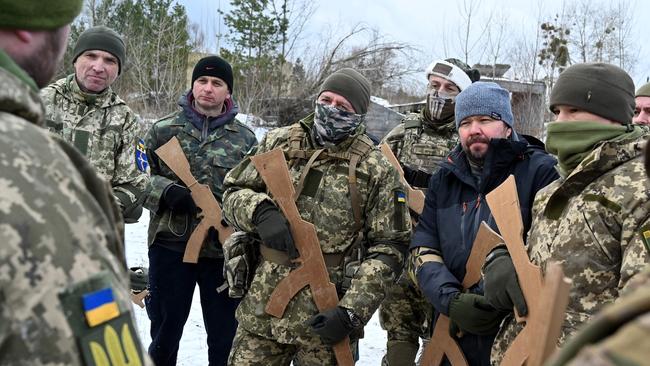
When Ukraine gave up its nuclear weapons, it did so because NATO promised to protect its sovereignty forever. If NATO had not given such a guarantee, Ukraine would have kept its nuclear arsenal and, in doing so, protected its own sovereignty.
Ukraine and NATO have a timetable for Ukraine to formally join the alliance. This is what Putin is trying to up-end. He does not want NATO on his doorstep. He wants a veto of Ukrainian membership of NATO.
This is the source of the current tension. Putin cares less about ethnic Russians than he does about using them as a pretext to keep Ukraine out of NATO. It is classic statecraft.
What can the West do? So far, Biden is threatening severe economic and financial sanctions against Russia if it invades. That may be enough to deter Putin. Putin and Foreign Minister Sergei Lavrov have indicated a willingness to negotiate.
Negotiation is welcome, so long as it doesn’t involve negotiating away the independence of Ukraine in order for the West to find some face-saving device to avoid standing up for its own interests and those that have trusted NATO’s promises.
While Australia faces no immediate threat from a war in Ukraine, we are a nation that supports the international rules-based order and it is in our interests to support Ukrainians, while not being drawn into any conflict there.
Most importantly, we need to support the Biden administration as it is probably the only bulwark against Russian expansionism in a Europe that appears weak and divided.
If there is a war in Ukraine, it will be real. Since 2014, military deaths number 5660 Russians and Russian separatists, and 4488 Ukrainians. At least 3350 civilians have been killed.
While the Ukrainians almost certainly cannot withstand a Russian invasion without NATO support, they do have a serious military. They will fight and it will be bloody. Once defeated, they will settle into a protracted guerrilla war. Ukraine could end up being Putin’s folly.
For everyone’s sake, let’s pray the worst doesn’t eventuate.
More Coverage
